Locksmithing is one of the oldest professions. It is believed to have started in Ancient Egypt and Babylon about 4000 years ago. A common belief was that the first locks were small and portable and were used to protect goods from thieves that were common on old travel routes. The first locks made by early locksmiths were quite large and clumsy, and unlike locks made today, they were built of wood.
The pins inside these locks can be manipulated with a wooden key. Merchants and other travelers used padlocks to protect their belongings from thieves. The oldest example of these ancient locks is from Assyria and dates back to around 704 B.C. Locksmithing is the science and art of making and defeating locks.
Locksmithing is a traditional trade and in many countries requires the completion of an apprenticeship. The level of formal education legally required varies from country to country, from none to a simple training certificate awarded by an employer, to a full diploma from an engineering school (as in Australia), plus time spent working as an apprentice. A lock is a mechanism for securing buildings, cabinets and any other storage facilities. Locksmithing is one of the oldest professions and began in Egypt and Babylon 4000 years ago.
The Smith used wood to make devices that would secure the door using the tin drum principle. Most of the locks made during that time were huge and had pins that moved with a big, cumbersome key. The key looked like a toothbrush and was inserted into the lock and pushed up and unlocked the doors. One of the oldest locks was discovered in the Assyrian empire in the city of Khorsababad, near Nineveh.
It is believed that it was created around the year 704 and resembled the wooden blocks that were being made at that time. The culture of the padlock and key spread to ancient Greece, Rome and other countries such as China. In Australia, future locksmiths must take a technical and higher education (TAFE) course in locksmithing, the completion of which leads to the issuance of an Australian Qualifications Framework Level 3 certificate and complete an apprenticeship. These features are still popular today, as modern locksmiths face constant industry advancements and new security threats.
I called a local locksmith in Atlanta when I lost my car keys and had to go to my daughter's dance recital. Most locksmiths also perform electronic lock maintenance, such as the manufacture of smart keys for vehicles equipped with transponders and the implementation and application of access control systems that protect the people and assets of many large institutions. Some locksmiths decide to call themselves Master Locksmiths, whether they are fully trained or not, and some training certificates seem quite authoritative. Let's dig a little deeper into the knowledge of how the locksmith trade originated and soon became an inseparable part of the contemporary world.
Rogues knew a lot about picking locks long before locksmiths discussed it with each other, as they have done lately. Locksmiths help people whenever they need to solve any of their lock problems and keep them safe from intruders. Cheap industrial locks took away the lucrative locksmiths' market, and they were forced to specialize in two fields: working as industrial lock repairers (fine tuning damaged gears or replacing broken parts with factory-created ones), replicating keys for people who wanted more of them available for personal use, or work for large security companies that design and build safes for banks and governments. The king found out what he knew about his royal locksmith Francois Gamain and ordered a safe for sensitive documents.
Locksmiths can be commercial (working in a shop window), mobile (working from a vehicle), institutional (employed by an institution) or research (forensic locksmiths) or they can specialize in one aspect of skill, such as an automobile lock specialist, a key systems specialist teachers or a technical safe. Today, locksmiths work from their workshops (they often work with all hardware related to doors, such as closers, repairs of frames, hinges, electric strikers and more), security institutions (designing and creating several layers of locks that protect against theft or intrusion), research institutions ( forensics) locksmiths), security consultants or focus on one aspect of a skill (locksmith working in an automobile company, designs only car locks). The basic locksmith techniques and the characteristics that are required of locksmiths remain the same regardless of the time. The revolution in the industrial sector resulted in more complicated lock designs, with locksmithing undergoing drastic changes.
You will be surprised and happy to learn that locksmithing is an ancient profession; therefore, they have a rich and incredible history that has its roots in the Egyptian era. However, locksmiths at the time were also experts in turning, spring tempering, screw manufacturing, hole tuning and drilling, among other industry-specific techniques. . .
Your Local Locksmith
554 W 50th Street
New York, NY 10019
(347) 801-2481
https://www.yourlocksmithny.com/
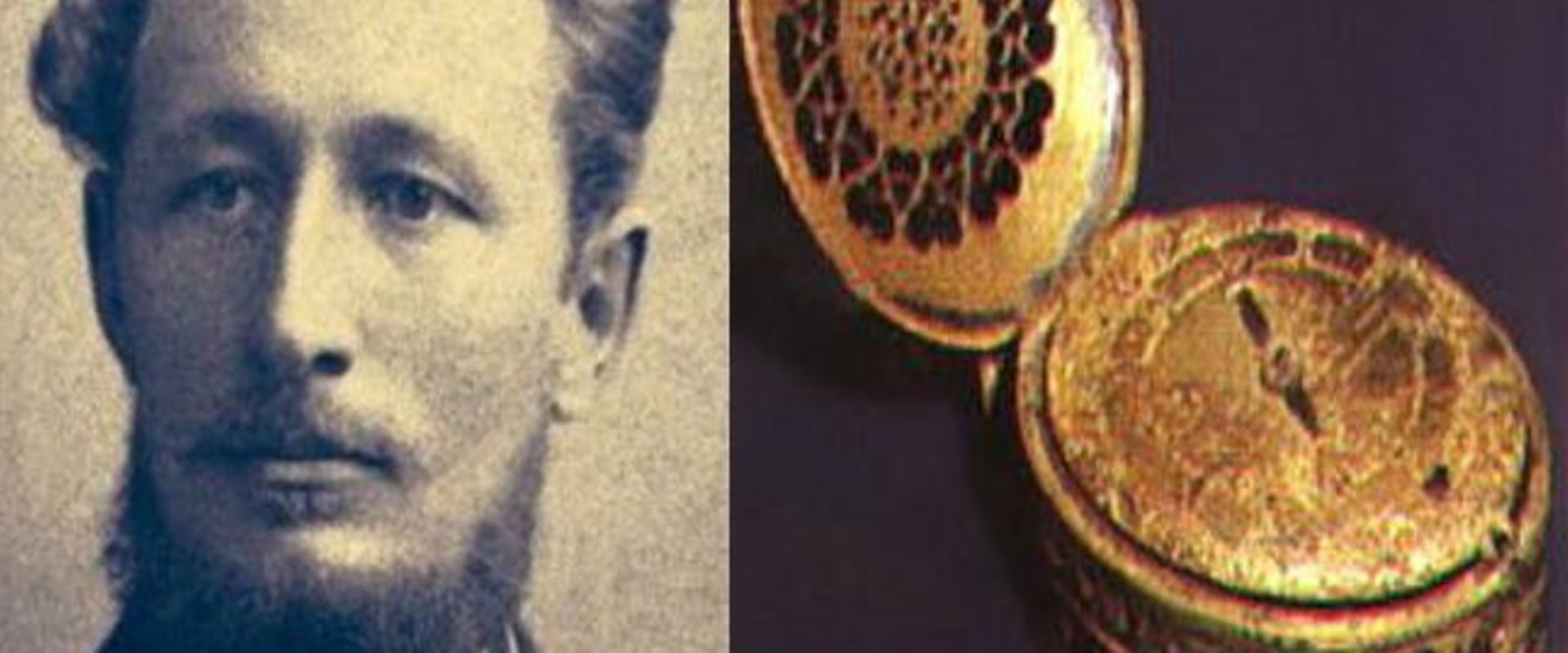
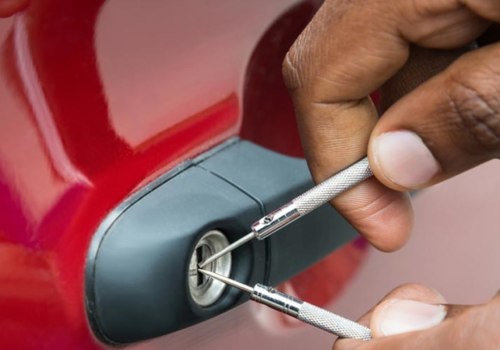
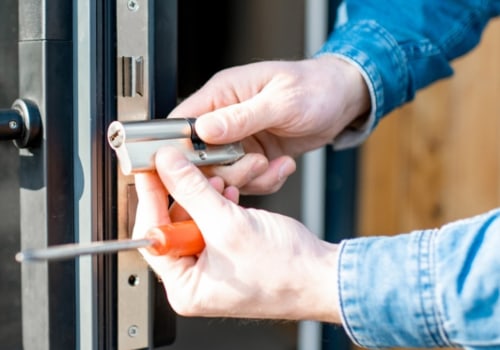
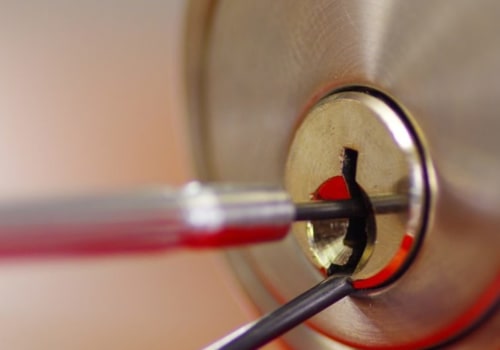
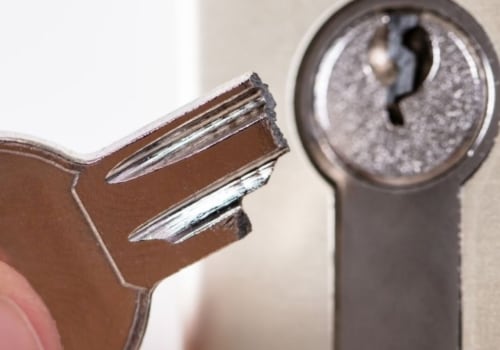



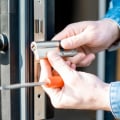

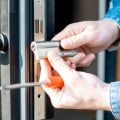
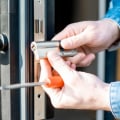
Leave a Comment